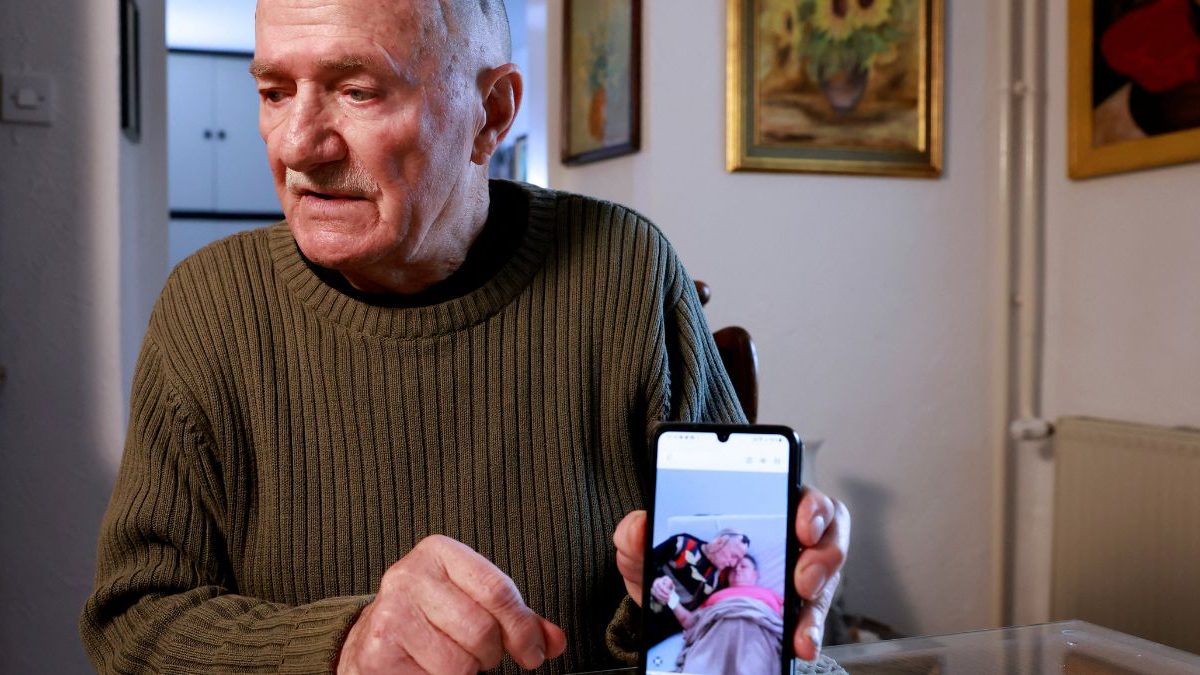Slovenia is poised for a pivotal vote as citizens return to the polls on Sunday deciding whether a law legalising assisted dying law, marking a significant moment in the history after critics mounted a campaign against the legislation.
Legal developments and background
In July 2025, Slovenia’s parliament formally legalised assisted dying for mentally competent, terminally ill adults whose suffering had become unbearable and when no viable medical solutions remained.
This law came into existence after several European countries, including Austria, Belgium, the Netherlands, and Switzerland allowed terminally ill adults to receive medical help to end their lives, following a 2024 referendum in which the majority of Slovenians supported such measures.
Campaigns and referendums
Despite initial parliamentary approval and public backing, opposition swiftly mobilised. A coalition of civic groups, receiving a majority from the Catholic church and conservative parties, gathered more than 46,000 signatures surpassing the threshold needed to trigger a binding referendum on the law.
The critics still argued that legislation violated the sanctity of life and risks coercing vulnerable individuals labelling it as a crime.
Supporters including the Prime Minister Robert Golob, have advocated for the personal dignity and autonomy that the law will grant for the personal dignity of the Slovenians.
The Catholic Church has said allowing assisted dying “contradicts the foundations of the Gospel, natural law and human dignity”.
Prime Minister Robert Golob, who voted in advance, has urged citizens to back the law “so that each of us can decide for ourselves how and with what dignity we will end our lives”.
Public opinion
Recent polls published by the Dnevnik daily, based on 700 responses show that about per cent of Slovenians currently support the law, 31 per cent rejected it and 15 remain undecided.
Sunday’s referendum will be binding; if the public rejects the law then the parliament will be prohibited from revisiting similar legislation for the next 12 months.
Quick Reads
View AllWhile several European countries already allow terminally ill people to receive medical help to end their lives, in others it remains a crime, even in cases of severe suffering.
The results
The outcome of the referendum is expected to be closely watched, with partial results anticipated late Sunday evening. This will remain the much awaited decisive result to one of medicine’s most profound ethical challenges.
)